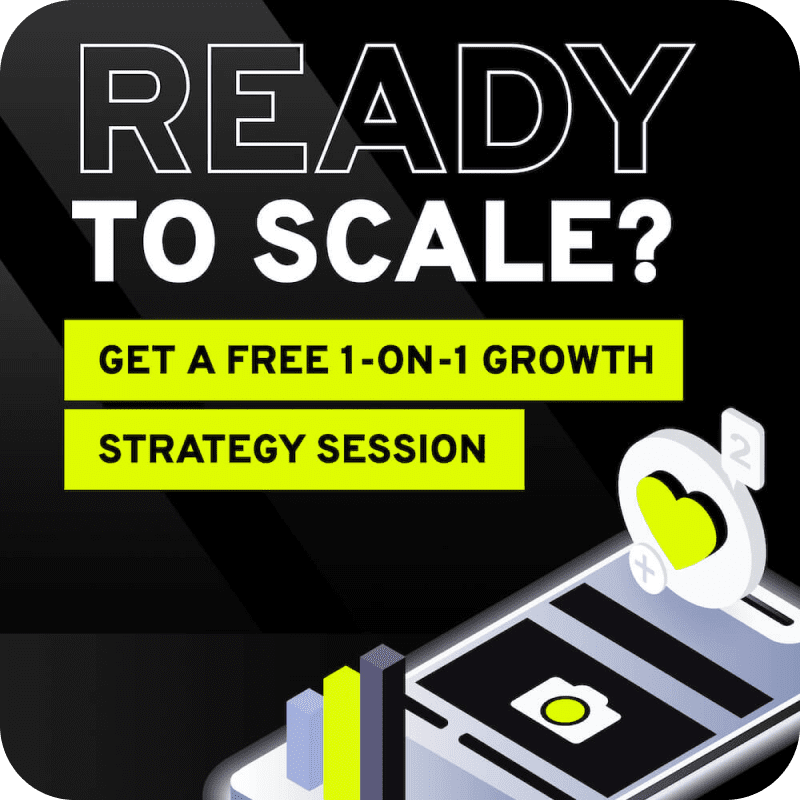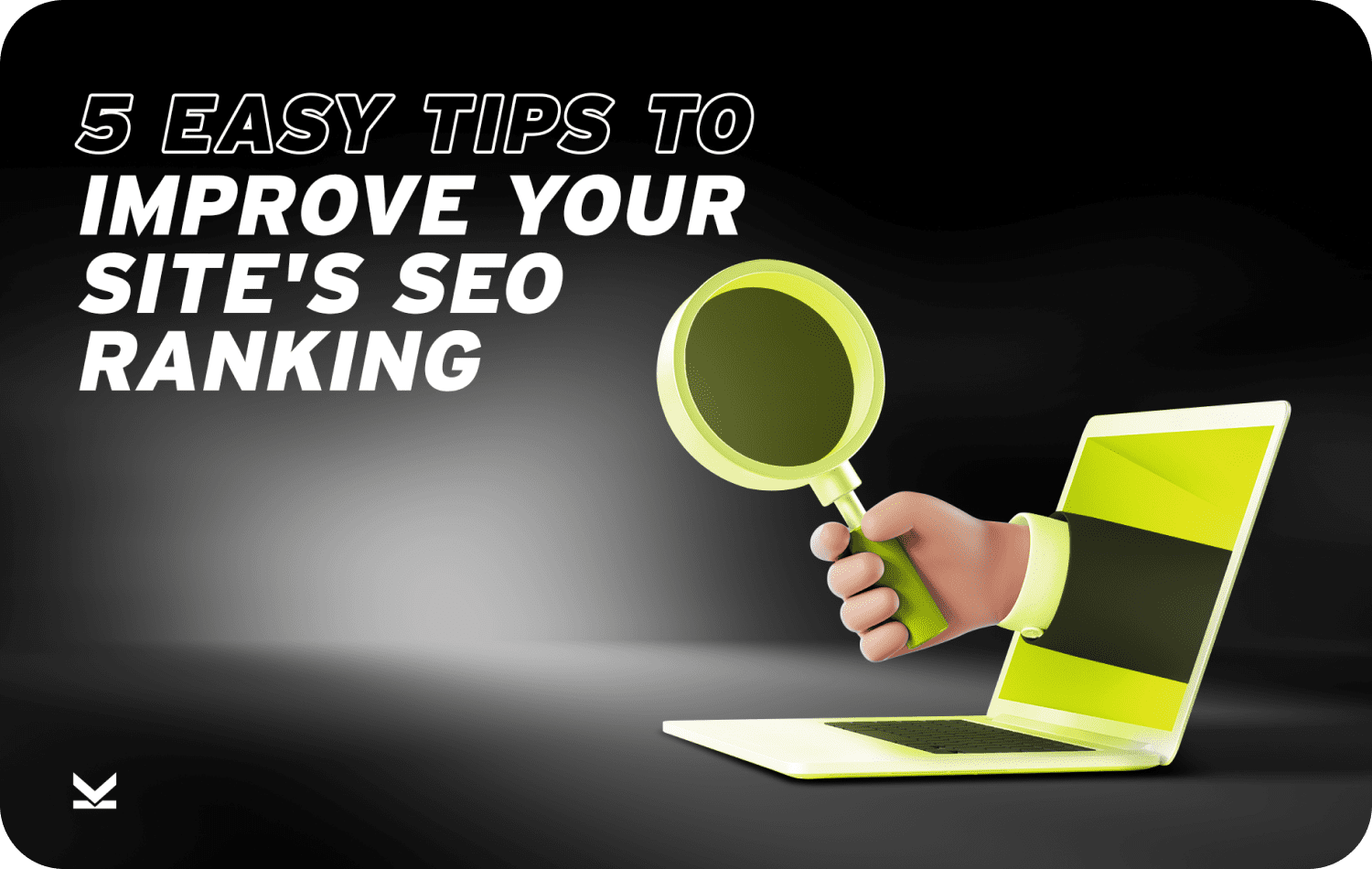In the digital marketing landscape, pay-per-click (PPC) advertising and search engine optimization (SEO) are two powerful strategies that can help businesses increase their online visibility and drive more traffic to their websites. While PPC focuses on paid advertising through search engines, SEO aims to improve organic rankings through targeted optimization techniques. These two approaches may seem distinct, but integrating them can lead to more efficient budgets and better overall results for businesses. In this article, we will explore the basics of PPC and SEO, understand the importance of integrating these strategies, discuss effective strategies for integration, examine ways to measure success, and provide tips for optimizing an integrated PPC and SEO strategy.
Understanding the Basics of PPC and SEO
When it comes to digital advertising and improving website visibility, two key strategies come to mind: PPC and SEO. Both have their own unique benefits and play important roles in driving traffic and attracting potential customers. Let’s take a closer look at each of these strategies.
What is PPC?
PPC, or pay-per-click advertising, is a form of digital advertising where businesses pay a fee each time their ads are clicked on. These ads are typically displayed on search engine results pages (SERPs) or on relevant websites, and they allow businesses to showcase their products or services to potential customers.
One of the major advantages of PPC is its ability to deliver immediate results. Unlike SEO, which takes time to build and see significant improvements, PPC campaigns can be set up and launched quickly. This makes it an ideal strategy for businesses looking for instant visibility and immediate traffic to their websites.
PPC campaigns are managed through platforms like Google Ads, which allows advertisers to create, target, and optimize their campaigns. Advertisers can choose specific keywords, demographics, and locations to target their ads, ensuring that they reach the right audience. Additionally, PPC platforms provide detailed analytics and reporting, allowing businesses to track the performance of their campaigns and make data-driven decisions.
What is SEO?
SEO, or search engine optimization, is the process of improving a website’s visibility in search engine results pages organically. This involves optimizing various on-page and off-page factors to align with search engine algorithms and increase rankings.
Effective SEO can have a significant impact on a website’s organic traffic and overall online presence. By optimizing their website for relevant keywords and improving the user experience, businesses can attract organic traffic from search engines without paying for clicks.
SEO strategies often include keyword research, content optimization, link building, and technical optimizations. Keyword research helps businesses identify the most relevant and high-traffic keywords to target in their content. Content optimization involves creating high-quality, informative, and engaging content that aligns with the targeted keywords. Link building focuses on acquiring high-quality backlinks from authoritative websites, which can improve a website’s credibility and visibility in search results. Technical optimizations involve improving website speed, mobile-friendliness, and overall user experience.
While SEO may take time to see significant results, the long-term benefits are worth the investment. Once a website starts ranking higher in search results, it can attract a steady stream of organic traffic, establish credibility, and increase brand visibility.
In conclusion, both PPC and SEO are valuable strategies for businesses looking to improve their online presence and attract potential customers. PPC offers instant visibility and immediate results, while SEO provides long-term organic traffic and credibility. By understanding the basics of PPC and SEO, businesses can make informed decisions and develop comprehensive digital marketing strategies.
The Importance of Integrating PPC and SEO
Integrating PPC (Pay-Per-Click) and SEO (Search Engine Optimization) is a crucial aspect of digital marketing that businesses should not overlook. While both strategies have their own merits, combining them can bring a range of benefits and help businesses achieve greater success in their online endeavors.
Benefits of a Combined Approach
When PPC and SEO are integrated effectively, businesses can dominate search engine results pages (SERPs) and increase their brand visibility. By strategically targeting keywords and optimizing their website for organic search, businesses can improve their chances of appearing in the top search results. At the same time, PPC campaigns can be used to target specific keywords and audiences, providing quick results and driving immediate traffic to a website.
Another advantage of integrating PPC and SEO is the ability to effectively target the audience at different stages of the buyer’s journey. SEO helps businesses establish a strong online presence and attract potential customers who are in the early research phase. On the other hand, PPC allows businesses to target customers who are further along in the buyer’s journey and ready to make a purchase. By combining these strategies, businesses can maximize their online exposure and drive more qualified traffic to their website.
Furthermore, while PPC can provide quick results, SEO builds a strong foundation for long-term visibility. By investing in SEO, businesses can improve their website’s organic rankings, increase their domain authority, and establish themselves as an authoritative source in their industry. This long-term visibility not only helps drive organic traffic but also reduces reliance on paid advertising in the future.
Overcoming the Challenges of Integration
Although integrating PPC and SEO offers significant advantages, it can also present challenges that businesses need to overcome. One common hurdle is the competition between the two strategies for the same keywords and target audience. It is important to strike a balance and ensure that both PPC and SEO efforts complement each other instead of cannibalizing resources.
Proper coordination and strategic alignment are key to overcoming this challenge. Marketing teams need to communicate openly, share data, and collaborate on campaign strategies. By analyzing the performance of both PPC and SEO campaigns, businesses can identify opportunities for synergy and make informed decisions about keyword targeting and audience segmentation.
Furthermore, ongoing collaboration between marketing teams is essential to ensure that PPC and SEO efforts are aligned with the overall marketing goals and objectives. By regularly reviewing and optimizing campaigns, businesses can make the most of their combined efforts and achieve better results.
In conclusion, integrating PPC and SEO is crucial for businesses looking to maximize their online exposure and drive qualified traffic to their website. By combining these strategies, businesses can dominate search engine results, increase brand visibility, and effectively target their audience at different stages of the buyer’s journey. While challenges may arise, proper coordination, data sharing, and ongoing collaboration can help overcome these obstacles and create synergy between PPC and SEO efforts.
Strategies for PPC and SEO Integration
Keyword Research and Selection
Keyword research is a crucial component of both PPC and SEO, as it helps identify relevant search terms and phrases that potential customers use to find products or services. By conducting thorough keyword research, businesses can optimize their website content for SEO and target specific keywords in their PPC campaigns. This integration ensures a consistent message across both organic and paid search channels, amplifying the impact of the overall marketing strategy.
When it comes to keyword research, it’s important to go beyond the obvious and explore long-tail keywords. These are longer, more specific phrases that may have lower search volume but can be highly targeted. By incorporating long-tail keywords into both PPC and SEO strategies, businesses can reach a more niche audience that is more likely to convert.
Furthermore, understanding the intent behind keywords is crucial for effective integration. Some keywords may indicate that a user is in the research phase, while others may suggest that they are ready to make a purchase. By aligning PPC and SEO efforts based on keyword intent, businesses can deliver the right message at the right stage of the customer journey.
Creating Synergistic Content
Content is a fundamental aspect of both PPC and SEO. By aligning the content created for PPC advertisements with the content optimized for SEO, businesses can enhance their overall messaging and improve user experience. This integration can involve incorporating relevant keywords in ad copy and landing pages, ensuring a consistent brand voice, and leveraging insights from PPC campaigns to optimize website content for better organic rankings.
When it comes to PPC ad copy, it’s important to craft compelling and engaging messages that not only attract clicks but also align with the content on the landing page. By creating a seamless transition from the ad to the landing page, businesses can improve the user experience and increase the likelihood of conversion.
Additionally, leveraging insights from PPC campaigns can provide valuable data for SEO optimization. By analyzing the performance of different ad variations, businesses can identify high-performing keywords and incorporate them into their SEO strategy. This data-driven approach ensures that SEO efforts are focused on the keywords that have proven to be effective in driving conversions.
Furthermore, businesses can use PPC campaigns to test different messaging and content strategies before implementing them in their SEO efforts. By running A/B tests on ad copy and landing pages, businesses can gather valuable insights on what resonates with their target audience and apply those learnings to their SEO content strategy.
Measuring the Success of PPC and SEO Integration
Key Performance Indicators (KPIs)
Measuring the success of integrated PPC and SEO strategies requires tracking and analyzing relevant key performance indicators (KPIs). For PPC, important metrics include click-through rates (CTR), conversion rates, and return on ad spend (ROAS). SEO success can be measured through organic rankings, organic traffic, and engagement metrics like bounce rate and time on page. By monitoring these KPIs, businesses can gauge the effectiveness of their combined efforts and make data-driven optimizations.
Tools for Tracking Success
A variety of digital marketing tools are available to assist businesses in tracking the success of their integrated PPC and SEO strategies. Google Analytics is a valuable tool for understanding website performance, conversion tracking, and user behavior. PPC platforms like Google Ads and Bing Ads offer robust reporting functionalities to measure ad performance. SEO-focused tools like Moz, Ahrefs, and SEMrush provide insights into organic rankings, backlinks, and competitor analysis. Leveraging these tools can help businesses gain actionable insights and make informed decisions.
Optimizing Your Integrated PPC and SEO Strategy
Regular Auditing and Adjustment
To ensure the ongoing success of an integrated PPC and SEO strategy, regular auditing and adjustment are crucial. By monitoring performance, reviewing data, and conducting regular audits, businesses can identify areas for improvement and make necessary optimizations. This iterative approach allows for continuous refinement of campaigns and ensures that budgets are allocated effectively to drive desired results.
Staying Updated with Industry Trends
Both PPC and SEO are ever-evolving disciplines, with frequent updates and changes to search engine algorithms, advertising platforms, and industry best practices. To stay ahead of the curve, businesses integrating PPC and SEO must stay updated with the latest trends and innovations. This can involve attending industry conferences, following reputable marketing blogs, and being proactive in adapting to emerging technologies and strategies. By remaining informed, businesses can maximize the potential of their integrated PPC and SEO efforts.
In summary, integrating PPC and SEO can lead to more efficient budgets and improved outcomes for businesses seeking to enhance their online presence. By understanding the basics of PPC and SEO, recognizing the importance of integration, implementing effective strategies, measuring success using KPIs and tracking tools, and optimizing the overall strategy through regular auditing and staying updated with industry trends, businesses can unlock the full potential of their digital marketing efforts and achieve long-term success.




